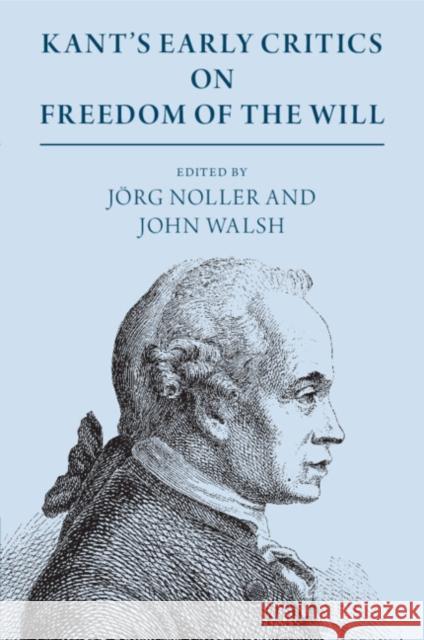Kant's Early Critics on Freedom of the Will » książka
topmenu
Kant's Early Critics on Freedom of the Will
ISBN-13: 9781108729673 / Miękka / 2023 / 363 str.
Kant's Early Critics on Freedom of the Will
ISBN-13: 9781108729673 / Miękka / 2023 / 363 str.
cena 122,02
(netto: 116,21 VAT: 5%)
Najniższa cena z 30 dni: 120,83
(netto: 116,21 VAT: 5%)
Najniższa cena z 30 dni: 120,83
Termin realizacji zamówienia:
ok. 16-18 dni roboczych.
ok. 16-18 dni roboczych.
Darmowa dostawa!
This book makes lesser-known philosophical texts on freedom of the will after Kant available in English for the first time.











